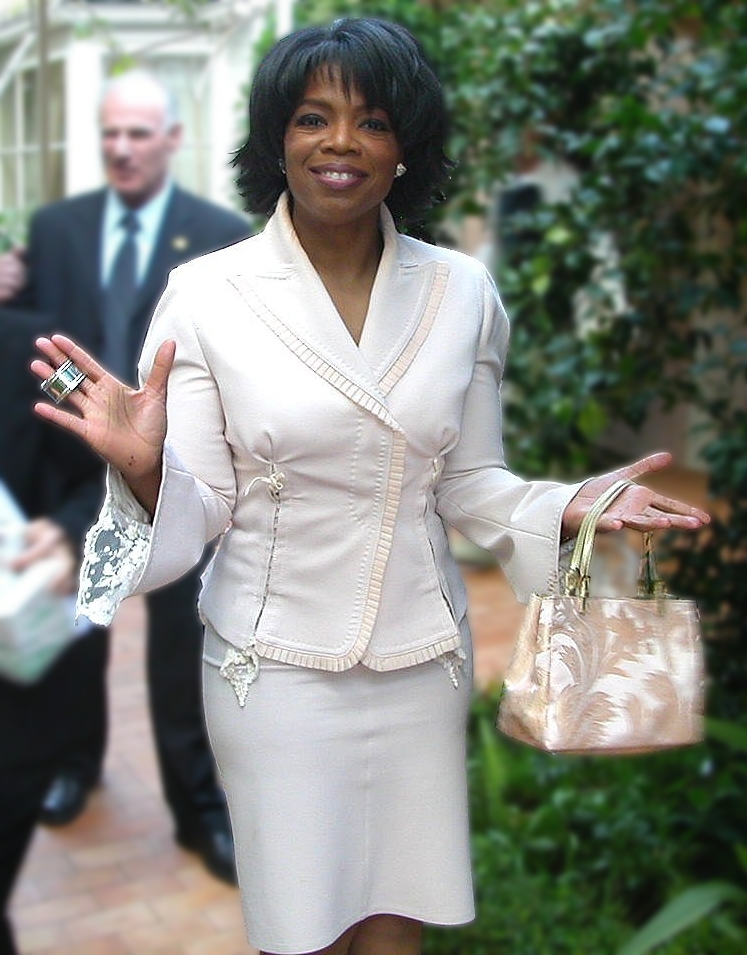The case in which the Florida Supreme Court took this question up was Rapp v. Jews for Jesus, Inc., and the claim was that the defendant religious organization had put out a newsletter which falsely characterized plaintiff, a Jewish woman, of having "joined Jews for Jesus, and/or [become] a believer in the tenets, the actions, and the philosophy of Jews for Jesus." The newsletter had told a stepson's story of how Rapp had "began to ask me questions about Jesus," and after a good talking-to on the subject:
...began to cry, and when I asked her if she would like to ask G-d for forgiveness for her sins and receive Y’Shua she said yes! My stepmother repeated the sinner’s prayer with me-praise G-d!
Whether this describes an adoption of or conversion to another faith, well that would have been a question for the jury. However, the trial dismissed Rapp's defamation claim (because "the 'common mind' reading the newsletter would not have found Edith to be an object of 'hatred, distrust, ridicule, contempt or disgrace'") and sent the false light claim up to the Fourth Circuit Court of Appeals to review (from which it was sent right on up to the state Supremes).
The Florida Supreme Court then found that there was too much overlap between the false light cause of action and the pre-existing defamation cause of action for both actions to be required. Although false light has often been posited as being available as a means to counter "literally true statements that create a false impression," the Court noted that defamation will allow recovery in those circumstances as well. The Court also found that a false light cause of action runs into First Amendment problems that have been long settled with respect to defamation claims.
However, the ruling was not all bad news for Rapp. With false light off the table, the Court found that her other claim, the defamation claim, had been improperly dismissed. Even though an alleged conversion to another religion would not have held her up to contempt to society at large, the trial court should have considered whether Rapp's reputation was injured with a "substantial and respectable minority of the community." So this case gets sent back down to the intermediate appellate court, with an invitation to determine whether Rapp's initial complaint supports a finding that she was defamed in the eyes of a respectable minority of the community.
Even if she loses, Rapp has had an additional measure of revenge through the lawsuit, however. Her Complaint contained a number of assertions which, although stricken by the court, were mentioned (albeit in a footnote) in the Supreme Court's decision. She complained, for example that:
Jews for Jesus attempts to convince Jews that they can accept concepts which are alien and contrary to Jewish beliefs yet remain Jewish in order to fraudulently induce them to join their movement.
And that:
A further motive for fabrication was to help advance the erroneous concept that many Jews have adopted the beliefs of Jews for Jesus. In order to promote its false teachings, Jews for Jesus attempts to inflate the number of its converts."
Whether or not Rapp's own claims about Jews for Jesus are true, she is doubly immunized from any liability for making them, first because neither defamation nor any related tort recognizes a cause of action for defamation of an entire group (rather than names individuals) and secondly because the allegations were made in a format - the complaint filed in a legal proceeding - in which the claimant can make just about any statement with impunity.
My final word on this is that the Florida Supreme Court made a great deal of sense. False light has always been a sort of odd lesser form of defamation claim, but defamation is itself a flexible enough doctrine to capture all kinds of falsehoods, even those dressed innocuously. Some attorneys may grumble at having a sword permanently sheathed from the arsenal of causes of action, but they would be better admonished to polish and weild wisely the powerful weapons that remain.

